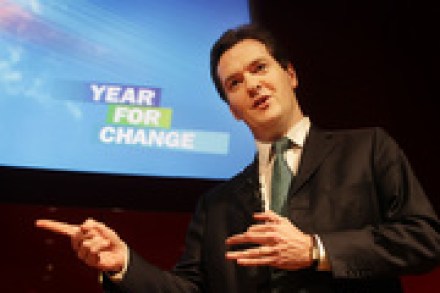Osborne throws his weight behind education reform
Pete rightly points to Michael Gove’s interview in The Times this morning as the story of the day. Some producer interests are objecting to Gove dismissing the exam system as ‘discredited’ and his plans to return A-Levels to being a proper preparation for undergraduate study. But there’ll be no backing down. A Gove spokesman tells me that ‘’The system is discredited and it needs fixing. The public know it and support change. If some don’t like hearing that, tough. They’ll find it much more unpleasant in ten years if we don’t fix the system and they’re working for Chinese billionaires who did maths at Harvard.’ But, perhaps, the most important


















